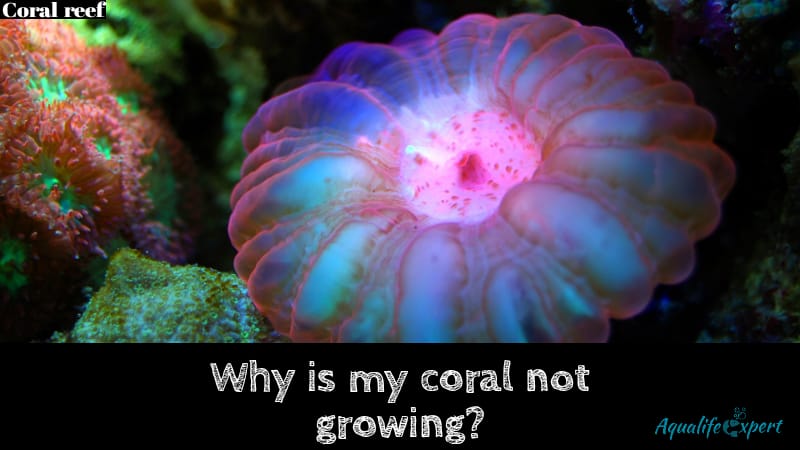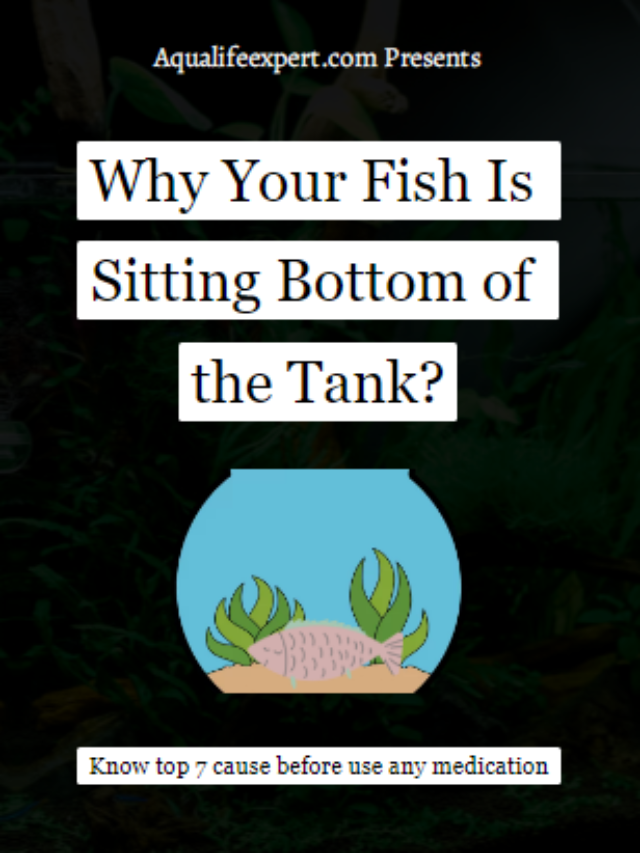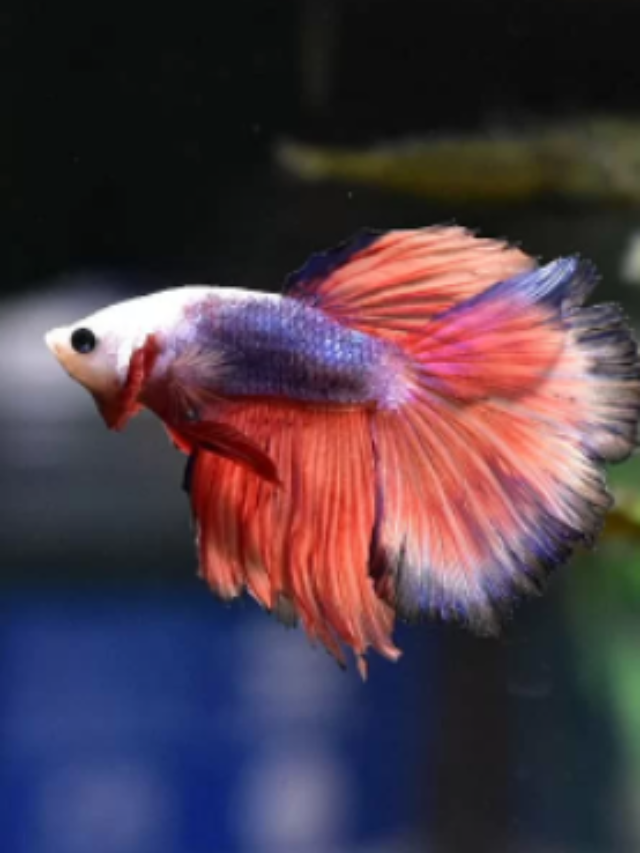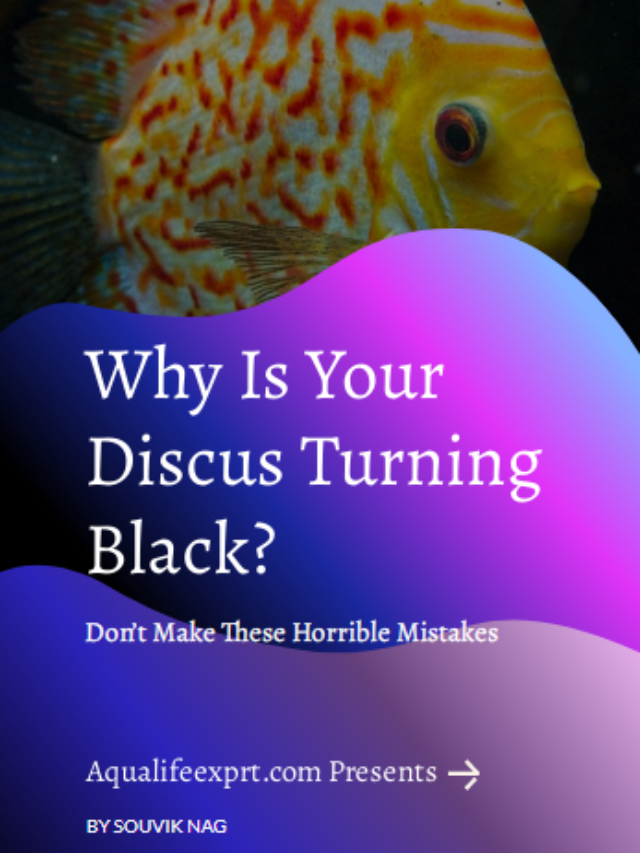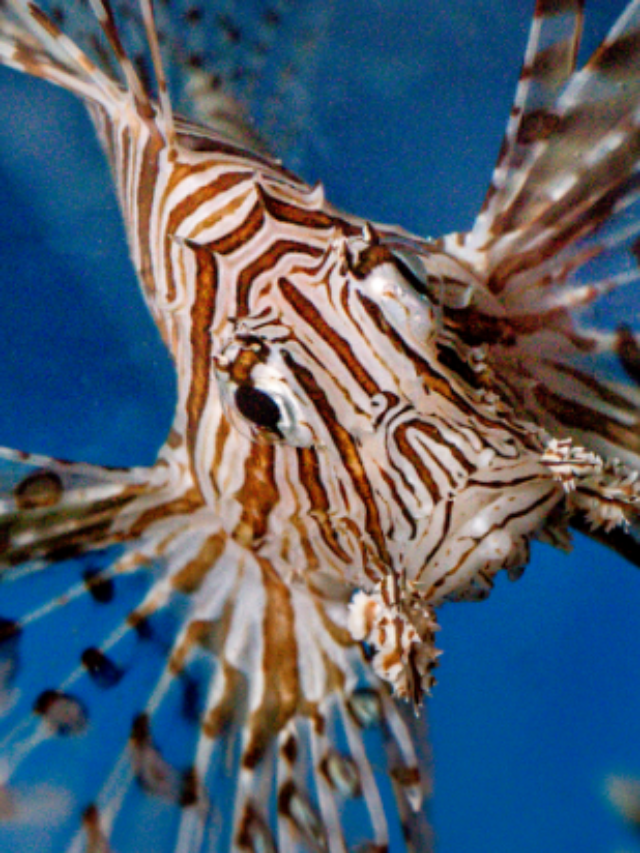Why is my coral not growing? Know proper causes of each of it
Check Our Quick Stories
Lots of reefers face the problem of the corals’ growth at their reef tank. The growth of corals can be stopped in many ways. If you don’t have much expertise then lots of the wrong steps you may take against the coral growth.
Generally, not getting the blue light spectrum and lower pH both can be the main obstacles to the growth of coral reefs in aquariums. Nutrient deficiency, high water flow towards corals, incorrect phosphate, and nitrate level can be considered as secondary issues of lack of growth of coral in a reef tank.
But these words are confusing for a beginner and I know that. That is why I’m going to simplify it and let’s dive deep into the main topic.
Why is a coral not growing in my reef tank?
Before discussing the corals’ growth you should know about the types of corals. This will help you to know which parameters are important for each of those types.
The types of corals are –
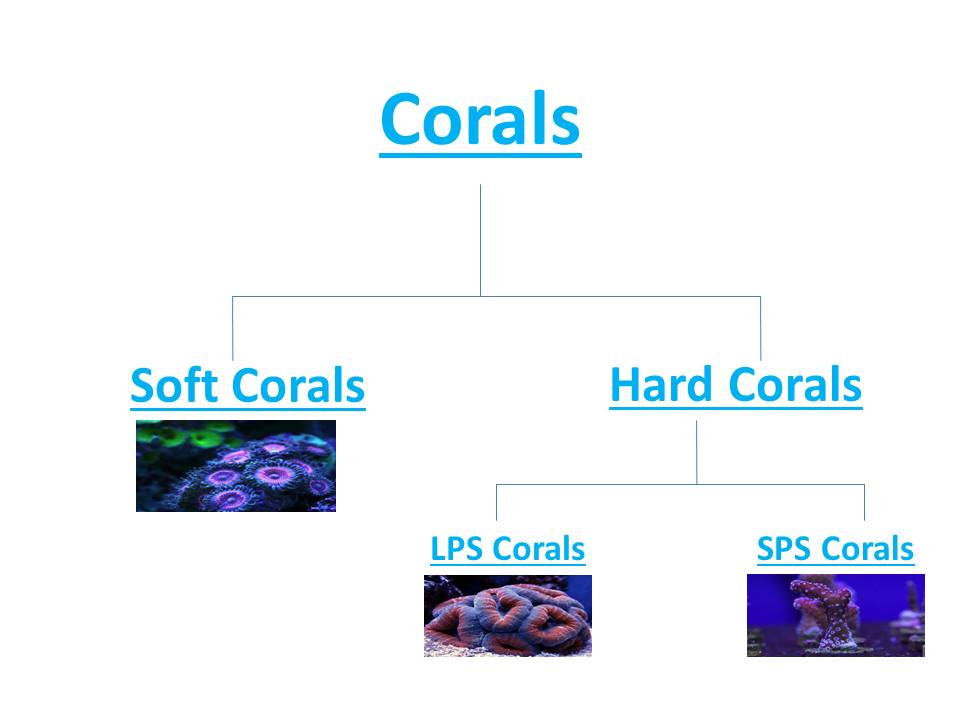
Why are soft corals not growing?
Soft corals are named beginner corals. Now if your soft corals aren’t growing anymore that means your reef tank has some serious problems. This is such a type of coral that can grow even in unfavorable conditions. To fix that issue you must detect it first. Let’s discuss the possibilities
-
Not getting enough lights
Lights are the most important factor to help coral’s growth. If you don’t provide sufficient light then corals will not grow. For soft corals, lights are an important factor too to grow faster. Now for brighter light soft corals need to place in relatively deep water and for dimmer light, these need to place in shallow water. When this rule of thumb is not followed then there may be some problem of growth of soft corals
-
Strong water circulation
Corals need water circulation. Soft corals are not the exception to it. Water circulation helps to get food easily. For soft corals slow and moderate water circulation is important. Now if your soft coral is getting high water circulation towards it then it will be difficult to open up fully and due to lack of food sot coral can’t grow more.
-
Lack of magnesium element
Magnesium is one of the important elements in a reef tank. People will tell that regular water changes can help to maintain the proper growth of soft corals but actually, each and every coral needs magnesium to thrive.
Soft corals are generally hardy corals and don’t bother much about the parameters. Still, soft corals need magnesium to thrive and that should be 1280 to 1350 ppm. Magnesium helps to prevent to form of calcium carbonate to precipitate which helps to maintain the right pH level in the tank passively. Soft corals need alkaline water and magnesium tries to keep the right pH in the tank.
Why are hard corals not growing?
Hard corals are generally two types. One is LPS (large polyp stony coral) and another is SPS (Small polyp stony coral). Now we’ll discuss the causes of lack of growth of each of this type.
Causes of lack of growth of SPS corals
-
Mixed condition in a single tank
In a single reef tank, you should not culture both SPS and LPS tanks. If you want to keep both types of hard corals then there will be competition to survive. As SPS corals are more sensitive than LPS corals, so SPS corals will start dying off after a while. If you have a large reef tank (more than 75-gallon)
-
Check nitrates and phosphates frequently
SPS corals can’t tolerate nitrates and phosphates. These should tend to zero in a reef tank. If you are keeping SP corals then you must check these factors daily. These are not mandatory for soft corals but hard corals can’t thrive if they can’t get the right conditions.
-
Poor maintenance of reef tank
Lots of reefers think that corals can grow without giving much labor. But this concept is wrong completely. Hard corals need lots of maintenance than soft corals. Especially for SPS corals, you have to check parameters every single day. So if your SPS corals are not growing properly then lack of maintenance may be a problem.
-
Lack of white light
Generally, corals need a blue spectrum of light but for SPS coral white light is most recommended. Now, this thing you can’t know if you don’t have much knowledge of it. So if you are a beginner then you must provide white lights with blue light. This can be an issue of the lack of growth of SPS corals in your reef tank.
Read more:- Saltwater aquarium VS reef tank. Know the basic differences
Causes of lack of growth of LPS corals
-
Lack of blue spectrum of lights
Lights are very much important for hard corals. LPS corals are not exceptional of it. LPS corals need a medium to high intensity of light and the spectrum of light should be blue. Now if you provide the low intensity of light then LPS corals may not survive a longer period of time. If your LPS coral isn’t growing then this can be an issue for your reef tank.
-
A high flow of water
A high flow of water can be an issue of the lack of growth of LPS corals. LPS corals need the medium circulation of water from various directions. Now if the water flow is direct towards LPS coral then it will agitate more and doesn’t open up to grow. At that time it will retract. So check the water circulation pathways in your reef tank.
-
Lack of weekly water change
Weekly water change is a must to keep any corals healthy. Soft corals don’t bother about the water quality and water changes much because these are hardy corals. But hard corals like LPS corals need weekly water changes. 10 to 25% of the total volume of a water change should be done twice a week. The more you do, the more it will be happy to live.
-
Insufficient calcium level
Calcium is very much important for LPS corals to grow faster. LPS corals consume calcium to make their skeletons by calcium carbonate. So LPS corals need calcium frequently. Now if you don’t provide calcium much then there is the possibility of the lack of growth of LPS corals. You need to check the calcium level of our reef tank every few days. This will give your clear data of everything about calcium level.
Read more:- Are anemones really hard to keep? Expert’s opinions
What are the things needed to grow corals fast?
Corals need proper care to thrive. Soft corals are hardy corals. It can grow even the environment is bad for their growth but it is better to maintain corals in a proper way to get ultimate color variations of it.
Minerals are much important to grow corals in a reef tank. You have to check nitrate, ammonia, and phosphate level daily. These should be zero in a reef tank. If you see a sudden ammonia spike then you should take proper steps to remove this.
Calcium is good for coral growth. Corals consume calcium to make their skeleton. Hard corals generally do that. So, the right calcium level is very much important, if you are keeping hard corals. Magnesium is such a mineral that helps to keep stable the pH level in a passive way.
PH level is another important factor that directly takes part in the growth of corals. Corals need alkaline water and a high pH value offers lots more benefits to growing corals faster. Research says that corals allow calcium ions and bicarbonate ions to enter their thin tissues and make their skeleton structure.
During this process, they release hydrogen ion that helps to decrease the pH level of inside of the coral. Then it releases hydrogen to make more calcium carbonate and this way pH level has been raised again. This is the way corals grow at a higher pH level.
Another factor is light intensity and spectrum. The blue light spectrum is needed to grow corals. White light is preferable for SPS corals. For hard corals, light intensity should be high and this is mandatory. Lots of reef tanks fail due to bad lighting. Try to provide blue fluorescent or LED lights. LED lights are more preferable because it produces the same amount of lights by using the same wattage as fluorescent light.
High water circulation is needed to grow coral also. Soft coral needs one-way water circulation but hard corals need water circulation in different ways. But in both cases, the flow of water should not be directed towards the coral. Otherwise, it will retract and won’t open.
Read more:- Importance of pH in your fish tank and know how to control it
Parameters to make a successful reef tank
Alkalinity – 8.1
Calcium – 400
Magnesium – 1390
Phosphate – 0.03
Nitrate – 0
Temperature – 26°C
Salinity – 1.024-1.026
Final thoughts
After this long discussion, I can conclude that corals’ growth depends on various factors. You have to check all of these. But my recommendation is to check the water parameters first and then you go for other factors. You have to remember that corals’ growth rate is slow so you have to be patient to get the ultimate colour variation of it. After getting much experience you can maintain a reef tank well.
So best of luck & happy fishkeeping 🐟

